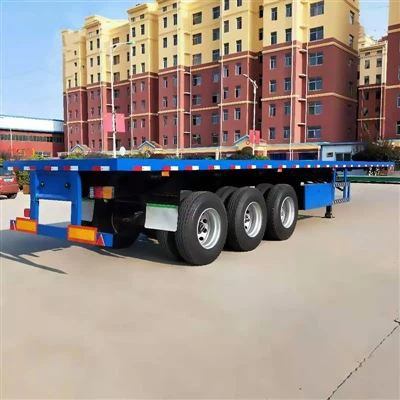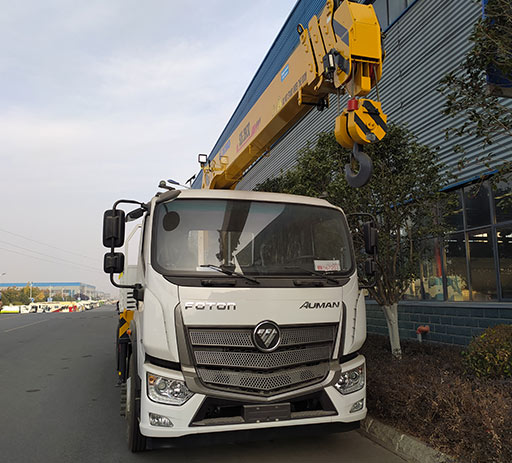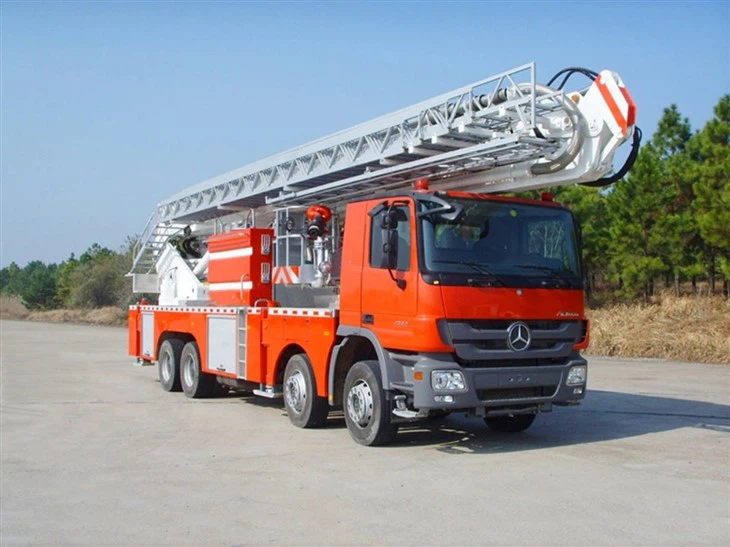Everything You Need to Know About Jet Vac Trucks

Introduction
Jet vac trucks, often referred to as vacuum excavators or jetting trucks, are essential pieces of equipment in the world of utility maintenance and construction. These trucks combine high-pressure water jets with powerful vacuum systems to excavate soil, clean debris, and maintain sewer systems effectively and efficiently. In this article, we will explore the various aspects of jet vac trucks, their uses, features, benefits, and much more. Whether you’re a contractor, technician, or someone interested in the construction industry, this guide will provide you with valuable insights into jet vac trucks.
What is a Jet Vac Truck?
A jet vac truck is a specialized vehicle designed to facilitate excavation and cleaning operations in various settings. It is equipped with a high-pressure water jet system capable of breaking up hard surfaces and a vacuum system that collects the dislodged material into a holding tank. This combination allows for safer and more efficient work in utility repair, cleaning gutters, and maintaining septic systems.
Components of a Jet Vac Truck
Jet vac trucks are made up of several key components:
- High-Pressure Water Jet System: Used to break up compacted soil or debris.
- Vacuum System: Extracts the loosened material and transports it back to the truck.
- Debris Tank: Holds the collected materials until they can be disposed of safely.
- Water Tank: Stores fresh water for jetting operations.
- Pump and Hose System: Distributes water under high pressure to the nozzle.
How Do Jet Vac Trucks Work?
Understanding how jet vac trucks operate is crucial for appreciating their efficiency. Here’s a breakdown of the process:
1. Water Jetting
The operation begins with the jetting process. The driver directs a high-pressure water hose toward the surface that requires excavation. The water jet loosens the soil or debris, which can then be easily removed.
2. Vacuum Collection
Following the jetting, the vacuum system kicks in. A powerful vacuum hose is placed over the area to suck up the dislodged material, transferring it into the debris tank.
3. Disposal
Once the debris tank is full, the truck can move to an appropriate disposal location. This may include a landfill, treatment facility, or other designated site for waste management.
Applications of Jet Vac Trucks
Jet vac trucks have a wide range of applications across various industries. Here are some key uses:
1. Utility Excavation
Jet vac trucks are often employed in the repair or installation of utility lines. They can dig around sensitive infrastructure without causing damage, making them ideal for working in congested areas.
2. Sewer Cleaning and Maintenance
These trucks excel at cleaning sewer lines, ensuring blockages are removed and the system functions correctly. The powerful jets can break apart hardened materials, while the vacuum system swiftly removes waste.
3. Horizontal Directional Drilling (HDD) Support
In HDD projects, jet vac trucks can be used to expose the drill head, allowing operators to monitor progress and make adjustments as needed.
4. Catch Basin and Storm Drain Cleaning
Regular maintenance of catch basins and storm drains is crucial in preventing flooding. Jet vac trucks can effectively remove debris and sediment, ensuring proper water flow.
Benefits of Using Jet Vac Trucks
The benefits of using jet vac trucks in construction and maintenance are numerous:
1. Efficiency
Jet vac trucks significantly reduce the amount of time required for excavation and cleaning tasks compared to traditional methods. The combination of jetting and vacuuming allows for faster setups and cleanups.
2. Safety
By minimizing the need for manual labor, jet vac trucks enhance safety at the job site. Workers are less exposed to hazardous conditions, and the risk of damaging underground utilities is reduced.
3. Versatility
Jet vac trucks can be used in various applications, from utility excavation to environmental cleanup, making them a versatile addition to any construction fleet.
4. Reduced Environmental Impact
With the ability to extract materials without using heavy machinery, jet vac trucks have a smaller environmental footprint, reducing soil disturbance and preventing further contamination.
Choosing the Right Jet Vac Truck

When selecting a jet vac truck, several factors should be considered:
1. Size and Capacity
Consider the size and capacity of the truck’s tanks, as this affects how much material can be collected and how often you need to empty the tanks.
2. Jetting Pressure
Different jobs require varying levels of pressure. Ensure the truck you choose can accommodate the pressure requirements for the tasks you’ll be undertaking.
3. Vacuum Power
The vacuum strength is critical for effective material removal. Look for trucks with strong suction capabilities to handle heavier debris.

4. Maintenance and Support
Choose a manufacturer that offers good after-sales support and maintenance options to ensure your equipment runs efficiently for years.
Maintenance Tips for Jet Vac Trucks
Regular maintenance is essential to keep jet vac trucks operational. Here are some tips:
1. Regular Inspections
Routine checks on all components, including hoses, tanks, pumps, and jets, can help identify problems early and prevent costly breakdowns.
2. Clean Tanks After Use
Empty and clean the debris and water tanks after every job to prevent corrosion and ensure optimal performance.
3. Maintain Fluid Levels
Check and top-up oils and other fluids regularly to keep the pump and vacuum system functioning efficiently.
4. Perform Scheduled Maintenance
Follow the manufacturer’s guidelines for scheduled maintenance to ensure long-lasting performance and avoid unexpected repairs.
Cost Considerations for Jet Vac Truck Services
Utilizing jet vac trucks can vary in cost depending on several factors:
| Cost Factor | Details |
|---|---|
| Hourly Rates | Most companies charge by the hour, typically ranging from $150 to $400. |
| Job Complexity | More complex jobs may incur higher charges due to the increased time and labor required. |
| Location | Costs can vary based on geographic location and the availability of services. |
| Debris and Disposal Fees | Fees for waste disposal or additional debris collection may apply. |
Regulations and Compliance
When using jet vac trucks for excavation or cleaning projects, it’s important to adhere to local regulations and compliance requirements:
1. Environmental Regulations
Check local laws regarding waste disposal and environmental safety to avoid fines and ensure proper practices.
2. Safety Standards
Follow OSHA (Occupational Safety and Health Administration) guidelines to ensure worker safety during operations.
3. Training Requirements
Ensure operators are trained and certified, as improper use can lead to accidents and equipment damage.
Jet Vac Truck FAQs
1. What is the difference between a jet vac truck and a traditional vacuum truck?
A jet vac truck combines high-pressure water jetting with a vacuum system, while traditional vacuum trucks usually just suction debris without the jetting function.
2. Can jet vac trucks operate in freezing temperatures?
While jet vac trucks can operate in cold weather, precautions need to be taken to prevent freezing of water lines and tanks.
3. How are the collected materials disposed of?
The collected debris from a jet vac truck is typically taken to a designated disposal site, which may vary depending on the type of waste material.
4. Is training required to operate a jet vac truck?
Yes, operators should undergo proper training to handle the equipment safely and effectively, ensuring compliance with safety regulations.

5. What is the average lifespan of a jet vac truck?
With proper maintenance, a jet vac truck can last between 10 to 15 years, depending on usage and care.
6. Are jet vac trucks environmentally friendly?
Jet vac trucks have a relatively low environmental impact compared to traditional excavation methods, as they minimize soil disturbance and prevent contamination.
